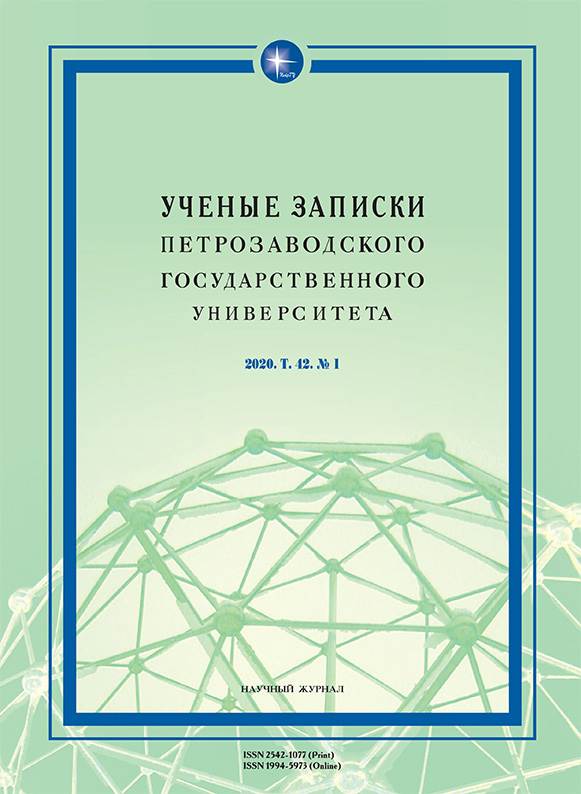«Он – Пушкин, и бессмертен он!»:
образ Пушкина в строках поэтов Серебряного века
“HE IS PUSHKIN, AND HE IS IMMORTAL!”:
PUSHKIN’S IMAGE IN THE SILVER AGE POETRY
Author(s): Larisa Leonidovna ShestakovaSubject(s): Language and Literature Studies, Russian Literature
Published by: Петрозаводский государственный университет
Keywords: Pushkin; Silver Age; dictionary of poetic language; dictionary entry; proper name; title; epigraph; association;
Summary/Abstract: The article offers a case of studying Pushkin’s theme in the poetry of the Silver Age. The research material is the material of the modern Dictionary of the Language of the Twentieth-Century Russian Poetry, mainly the dictionary entries for the proper name Pushkin and its derivatives (Pushkinsky, Pushkinist, etc.). The novelty of the work is determined by the choice of a “dictionary-based” approach to the topic, which enables us to identify the features of the perception of creativity, fate, and the image of Pushkin itself by the authors of the Silver Age, based on the analysis of contexts and metalanguage markers. Dictionary materials show that Pushkin’s image is manifested in the use of the national poet’s name in a strong position of the text title, as well as in the repeated displaying of Pushkin’s lines as an epigraph, which sets both the thematic perspective and the emotional tonality of the work. According to the actual text fragments reflected in the Dictionary, it is clear that Pushkin is interesting for poets of the new century in different states – as a young talented poet, as a man, who survived an exile, and, among others, as an acknowledged classic, who inspires creativity (see the verses of Annensky, Akhmatova, Blok, Yesenin, etc.). Dictionary entries pinpoint the diverse associativity in the perception of Pushkin by individual poets (Tsvetaeva, Khlebnikov), the comparison of his name and his image with objects and concepts of different nature. Among the words derived from the name Pushkin, there can be distinguished frequent common language adjective Pushkinsky and Khlebnikov’s neologism Pushkinoty. While the first one demonstrates the compatibility in poetic use, which characterizes the image of the poet in different ways (Pushkin’s revolt, Pushkin’s sadness, Pushkin’s sense of proportion, etc.), the second one reveals the word-forming and aesthetic potential of the proper name, which is symbolic for Russian culture.
Journal: Ученые записки Петрозаводского государственного университета
- Issue Year: 42/2020
- Issue No: 1
- Page Range: 97-102
- Page Count: 6
- Language: Russian

